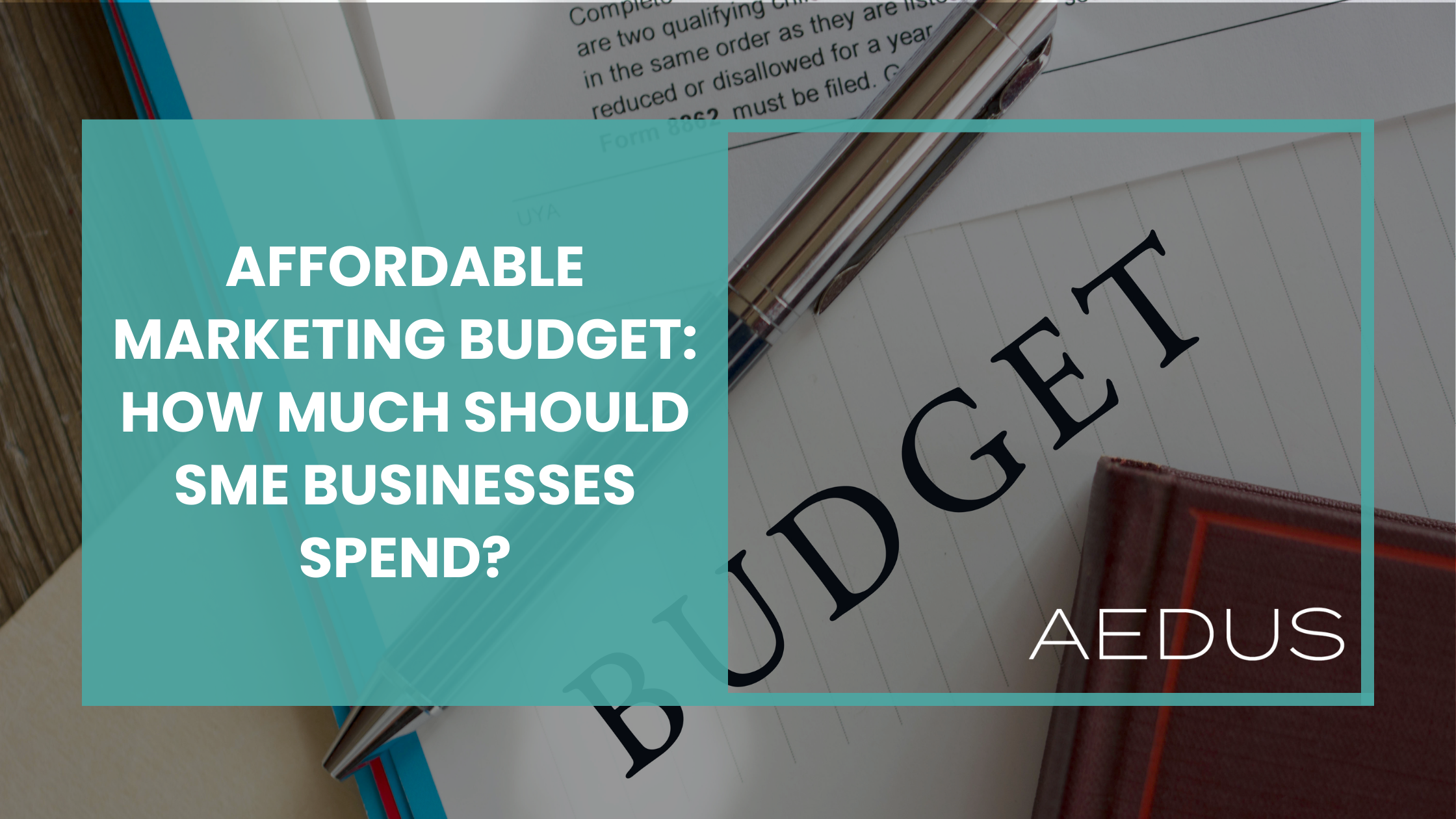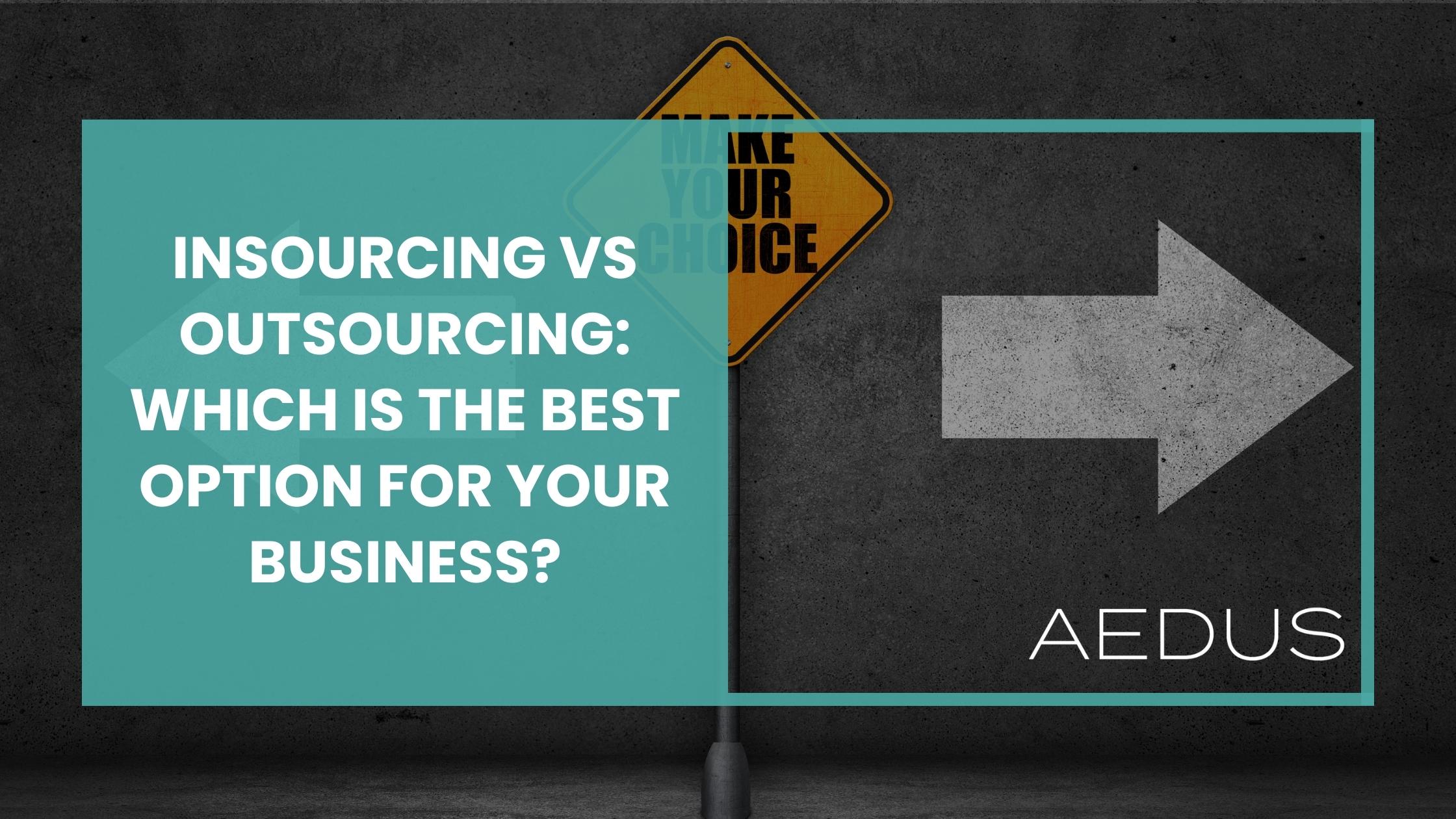For small businesses, effective marketing is essential to stay competitive, attract new clients, and maintain steady growth. But how much should you actually be spending on an affordable marketing budget? Striking the right balance in your marketing spend can mean the difference between consistent client growth and wasted resources. This guide will help you understand the key factors to consider when setting a marketing budget that delivers results, without overspending.
Why Setting a Marketing Budget Is Crucial for Businesses
Establishing a dedicated marketing budget is more than just setting aside money—it’s a strategic investment in your business’s future. Without clear financial guidelines, it’s easy to underspend and miss growth opportunities or overspend without seeing results. Effective budget planning ensures you prioritise the most effective strategies, so your marketing spend goes further.
Factors That Influence Marketing Spend
Here’s what you need to consider when deciding how much to allocate:
Industry Type:
Different industries have unique marketing needs. For example, law firms and accountancies may focus on building online credibility through SEO and content, while consultancies might invest in thought leadership and networking.
Marketing Budget by Industry (Requires Free Statista Account)
Business Size & Revenue:
Generally, the more revenue your business generates, the larger your marketing budget. But smaller businesses can still achieve success with focused, cost-effective strategies.
Marketing Goals:
Are you focusing on short-term client acquisition or long-term brand awareness? Your goals will influence how much you need to spend and where.
Need Help Defining This – Access our Free Brand Planning Sheet
Target Audience:
Understanding your audience’s needs and where they are is crucial. A niche B2B service might focus on platforms like LinkedIn, while broader services may require a more varied approach.
Need Help Defining This – Access our Free Brand Planning Sheet
Average Marketing Spend for Small Businesses
Industry benchmarks suggest that small businesses should allocate 5-10% of their annual revenue to marketing. For example:
A business generating £200,000 a year might budget between £10,000 - £20,000.
Businesses aiming for aggressive growth could consider investing up to 15-20%.
Your exact spend will depend on how competitive your industry is and your specific business goals. (Link to industry benchmark study)
Cost-Effective Marketing Strategies for Businesses
If your budget is tight, don’t worry—you can still achieve great results with smart, targeted strategies:
Content Marketing:
Writing informative blogs, running webinars, or sharing insights on LinkedIn can establish your business as an industry thought leader. Content marketing builds trust and drives organic traffic without big ad spends.
Local SEO & Networking:
Local SEO ensures potential clients can find your services easily online. Attending industry events, joining local business groups, or sponsoring community events can enhance visibility.
Set Up a Google Business Profile
Email Campaigns
Regular newsletters with valuable information keep you connected with current and past clients. It’s a cost-effective way to maintain engagement and encourage repeat business.
Mailer Lite offers a free email Software
Client Testimonials & Case Studies:
Highlighting successful projects or satisfied clients can be a powerful tool to communicate your expertise. Potential clients want to see real-world examples of how you can help them.
How to Determine the Right Budget for Your Business
Here’s a straightforward approach to setting a cost-effective marketing budget:
Review Your Revenue:
Determine a comfortable percentage that won’t stretch your cash flow.
Identify Key Channels:
Focus on marketing channels where your clients are most active. For many businesses, this could be LinkedIn, industry events, or targeted digital ads.
Set Clear Objectives:
Be specific about what you want—whether it’s more clients, higher visibility, or stronger brand recognition.
Monitor & Adjust:
Start with a smaller budget, measure your results, and adjust based on what’s working. Effective marketing is about testing and refining your approach.
Conclusion
Knowing how much to spend on marketing is essential for your business’s growth. A clear, strategic budget lets you focus on what works, helping you grow your client base without overspending.
Ready to optimise your marketing budget? Get in touch with Aedus today. We’ll help you craft a marketing plan that delivers real results, tailored to your business.




